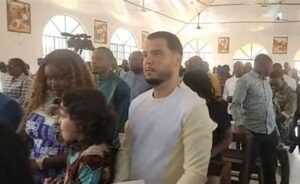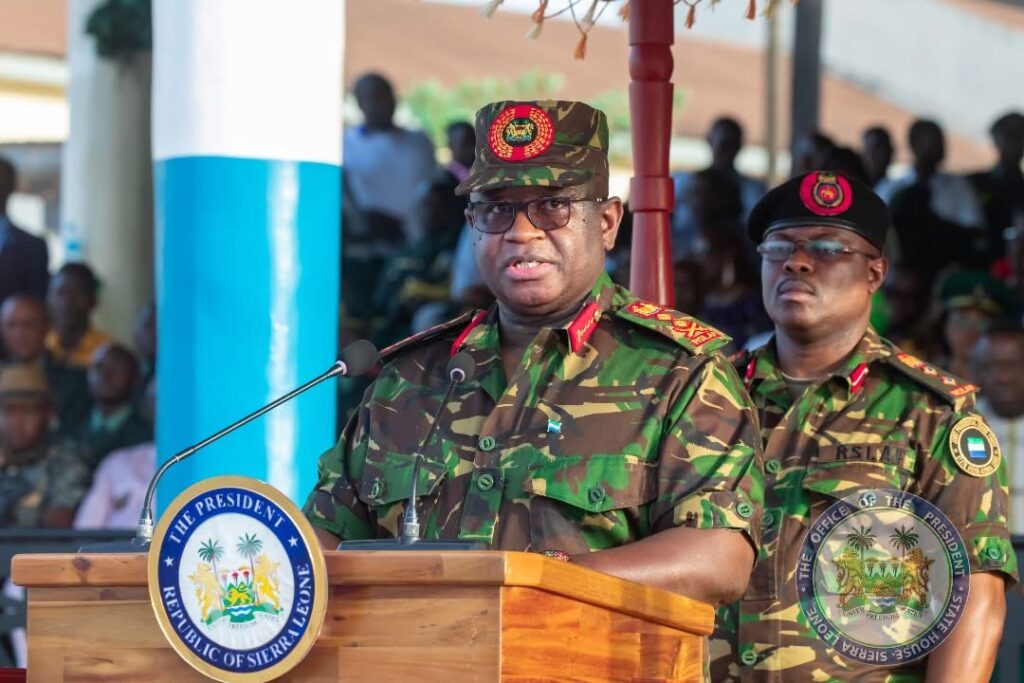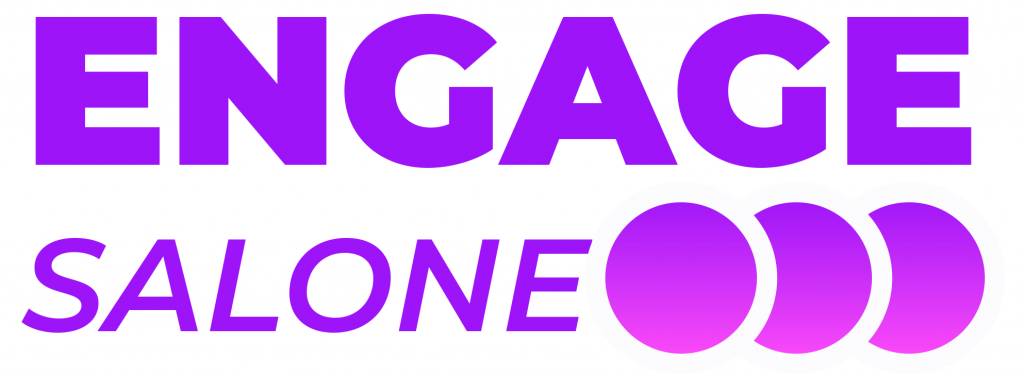We’ve been away for a while—a really long while, if you think about it. While we’ve been quietly working on a solid return, recent events and ongoing discussions around the drug epidemic ravaging our nation have jolted us out of our corner. Although the Right Honourable Speaker of Parliament, Segepoh Thomas seems to suggest that the issue is exaggerated, he stands almost alone in that belief. We face a massive multifaceted crisis with devastating consequences for public health, safety and security, social cohesion, productivity, and our national reputation. This is no exaggeration. We’re not promising anything new here; we simply wish to add our small voice to a national outcry, standing in solidarity with all those who have made this their cause.
When the Kush problem took a sharp turn for the worse a few years ago, we were among the first to call it an epidemic. Through this same platform, we highlighted its socio-economic dimensions and challenged the government to act. Since then, the situation has deteriorated further. The sight of young people wasting away and dying on the streets—fiti-fata—has become familiar. No coffin, no grave for many of the young victims of Kush. Recently, the Mayor of Freetown reported that since January this year, over 200 bodies, mostly of young people who collapsed and died on the City’s streets, were collected—most likely victims of Kush.
We need no further evidence to understand the scale of the epidemic. We see it. We live it. Families are losing loved ones daily to a drug crisis made possible by the state’s failure to take bold, decisive action. At this rate, each of us will soon have a story to tell—of a family member, friend, or colleague who was once full of life but has fallen, physically or mentally, to the flood of dangerous substances now circulating in our country.
What we need now is leadership—bold, visible action by the government, by the President. We’ve heard enough talk. In April 2024, a national emergency was declared. More than a year later, the problem has only worsened. The strategy remains unclear and largely in theory. Institutions and agencies tasked with addressing the crisis are under-resourced or ill-prepared. The police appear lost—focusing on small-time dealers while the kingpins continue their operations unchecked. For victims battling addiction, there is little hope of recovery; rehabilitation facilities are few and inadequate to meet the growing demand. In fact, it has recently been reported that two national drug rehabilitation centres have closed due to lack of funding. The State’s attitude, including that of the presidency—appears ambivalent. Beyond grand declarations, there has been little in the way of clear vision or tangible action.
But that is not all.

One of Europe’s most wanted drug lords— Jos Leijdekkers, also known as Bolle Jos, Umar Sheriff, and other aliases was last seen in Sierra Leone, rubbing shoulders with top people in Government and even appearing in photos with the President. No one knows what has been done, if anything, to address this national embarrassment. All we get are denials, evasions, and half-baked explanations. Since the Bolle Jos affair broke, with credible evidence pointing to possible collusion by individuals in government, no meaningful action has followed. Only one official, the former immigration boss, Alusine Kanneh has lost his job—and even that dismissal remains shrouded in uncertainty. No accountability at State House, no consequences across the security sector—nothing to suggest that the government is serious about dealing with a convicted drug trafficker hiding comfortably within our borders, seemingly under protection. The Bolle Jos scandal refuses to fade; every so often, a new story surfaces linking him or his associates to fresh controversies. Strange vessels continue to appear in suspicious circumstances along our shores. Yet every official explanation seems implausible, and every police “investigation” ends without conclusion. From Bolle Jos to the embarrassingly diplomatic cocaine suitcase, mysterious boats and other unclosed cases, examples of endless non-investigations abound.
This must change. The state must demonstrate seriousness in confronting the drug crisis. We are heading toward a catastrophe no leader would want their name attached to. Whether it’s the Bolle Jos scandal or the Kush epidemic, the President must be the Brigadier that he is-leading his troops on the frontlines of this crisis—with courage, decisiveness, and integrity. It may be difficult, especially amid reports of Bolle Jos’s close connections to the presidency. But ultimately, Rtd. Brigadier Bio must remember his oath of office, which pledges that he will “at all times well and truly discharge the duties of the office of the President of the Republic of Sierra Leone according to law… and do right to all manner of people according to law, without fear or favour, affection or ill-will.” So help him God.

Without fear or favour, Mr. President
- Engage Salone
Share Article
Facebook
Twitter
LinkedIn
WhatsApp
About Us

We are a collective of Sierra Leonean journalists, writers, storytellers and academics.
Our mission is to create an online platform that fosters dialogue that is anchored in critical thinking, diversity of thoughts and alternative approaches to media coverage of people and events.
